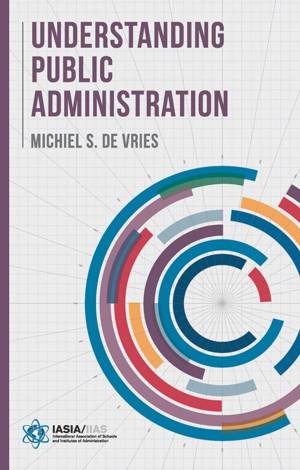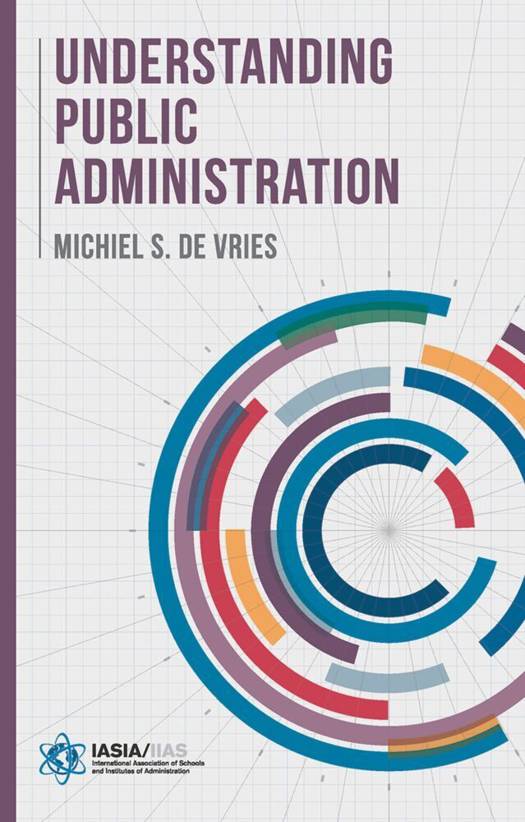
Bedankt voor het vertrouwen het afgelopen jaar! Om jou te bedanken bieden we GRATIS verzending (in België) aan op alles gedurende de hele maand januari.
- Afhalen na 1 uur in een winkel met voorraad
- Gratis thuislevering in België
- Ruim aanbod met 7 miljoen producten
Bedankt voor het vertrouwen het afgelopen jaar! Om jou te bedanken bieden we GRATIS verzending (in België) aan op alles gedurende de hele maand januari.
- Afhalen na 1 uur in een winkel met voorraad
- Gratis thuislevering in België
- Ruim aanbod met 7 miljoen producten
Zoeken
€ 57,95
+ 115 punten
Uitvoering
Omschrijving
Public administration - the practice of producing and executing government policy by bureaucrats, politicians, managers and other officials - affects almost everything we encounter in our day-to-day lives. Public administrators are - at least partially - responsible for the amount of hours we work, the quality of the air we breathe, the ease with which we can visit the doctor and the state of the roads we walk and drive down. Despite the widespread relevance of public administration however, the relative amount of government influence on society differs across the world.
This major new introduction examines public administration structures, processes and achievements, and the behavior and motivations of the administrators themselves. Internationally relevant and analyzing states at a range of different developmental stages, it examines the key themes and issues that dominate the field. Chapters are framed around a series of questions that determine the typical and the unusual features of governments. For example, focus is given to what makes for a stable government, the different definitions of management, possible solutions to corruption, the relationship between central and local governments as well as the formal strategies for policy development. The book draws extensively on core theory in the field, and makes critical links between public administration and economics, law, sociology and the wider subject of political science. As accessible for students as it is useful for practitioners looking for a comprehensive reference guide, this is an essential text for those who wish to understand the complexities of government and public administration from the inside out.Specificaties
Betrokkenen
- Auteur(s):
- Uitgeverij:
Inhoud
- Aantal bladzijden:
- 256
- Taal:
- Engels
Eigenschappen
- Productcode (EAN):
- 9781137575449
- Verschijningsdatum:
- 8/04/2016
- Uitvoering:
- Paperback
- Formaat:
- Trade paperback (VS)
- Afmetingen:
- 137 mm x 213 mm
- Gewicht:
- 317 g

Alleen bij Standaard Boekhandel
+ 115 punten op je klantenkaart van Standaard Boekhandel
Beoordelingen
We publiceren alleen reviews die voldoen aan de voorwaarden voor reviews. Bekijk onze voorwaarden voor reviews.












